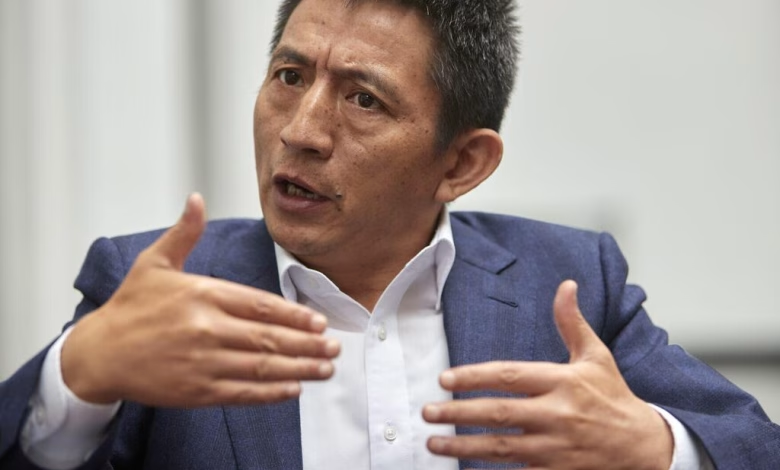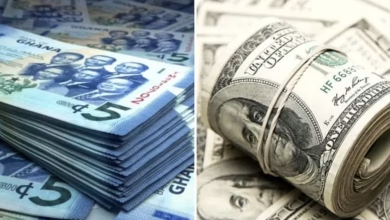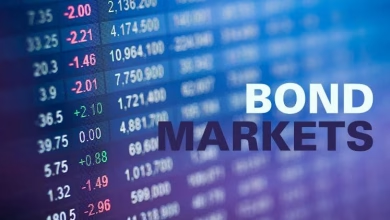China Appoints New Trade Envoy Amid Intensifying U.S. Trade Tensions

- Li Chenggang appointed as China’s new trade envoy, replacing Wang Shouwen
- China slams U.S. for "tariff barriers and trade bullying"
- U.S.–China trade tensions intensify, with tariffs soaring on both sides
China has unexpectedly named a new trade envoy, as officials criticize the United States for what they call “tariff barriers and trade bullying,” warning of serious repercussions for the global economy.
Li Chenggang, a former assistant commerce minister and ambassador to the World Trade Organization, will replace veteran negotiator Wang Shouwen. The leadership shake-up comes as Beijing stands firm in its trade standoff with Washington, sparked by steep U.S. tariffs imposed under former President Donald Trump.
Despite China’s better-than-expected GDP growth of 5.4% in the first quarter, officials warn that the effects of sharply increased U.S. tariffs—from 10% to 145%—are yet to be fully felt. The economy remains fragile, especially as exports, a key revenue driver, come under pressure.
While both sides claim to be open to negotiations, neither has initiated talks. When talks resume, Li Chenggang, 58, is expected to play a pivotal role. He brings diplomatic and trade experience, including his time at China’s mission to the UN in Geneva and various senior posts within the commerce ministry.
Some experts view the personnel change as abrupt and potentially destabilizing, particularly given Wang’s longstanding experience dealing with the U.S. since the early Trump era. Others suggest it may be a routine reshuffle, albeit at a sensitive time.
At a Wednesday press conference, Deputy Commissioner Sheng Laiyun of the National Bureau of Statistics stressed that the U.S. tariffs will strain China’s foreign trade, but insisted the economy remains resilient.
“We strongly oppose the U.S. practice of imposing tariffs and trade bullying,” Sheng stated. “It violates WTO principles and hampers the global economic recovery.”
A China Daily editorial earlier this week echoed this stance, calling the U.S.’s approach to trade “capricious and destructive,” and accusing it of “riding free” on globalization. It dismissed claims of U.S. victimhood, urging Washington to “stop whining.”
While Q1 GDP exceeded forecasts—thanks to robust retail sales and solid factory output—analysts caution that this may reflect temporary gains from manufacturers rushing to export goods before tariffs took effect, a phenomenon known as “front-loading.”
Looking ahead, growth could slow significantly. A sharp decline in property investment, down nearly 10% year-on-year, and stagnant home prices highlight continued weakness in the real estate sector.
Officials say China still has room for economic stimulus, with multiple tools available to support growth. However, bolstering domestic demand and consumption will be crucial as exports face mounting pressure from U.S. trade measures.






